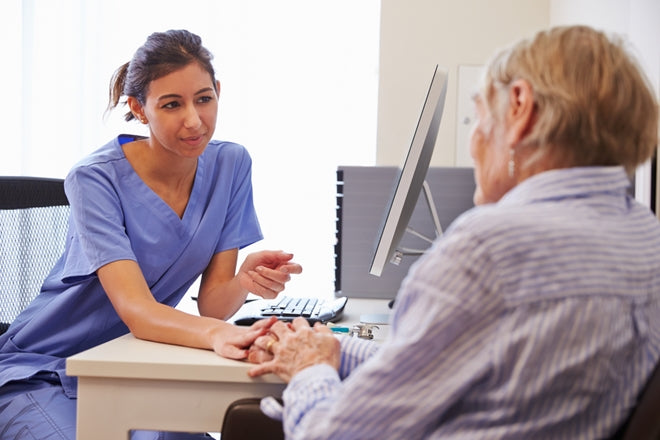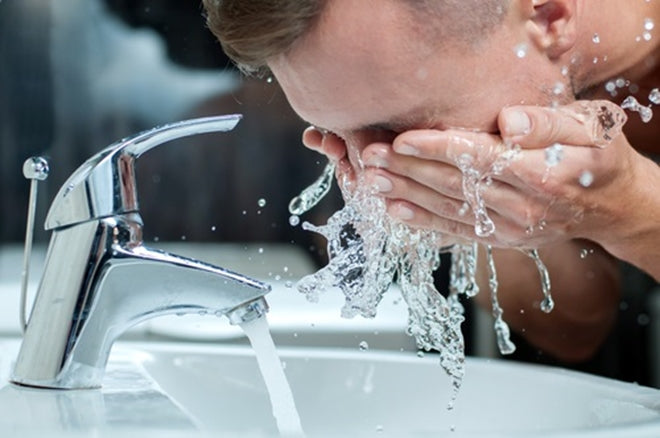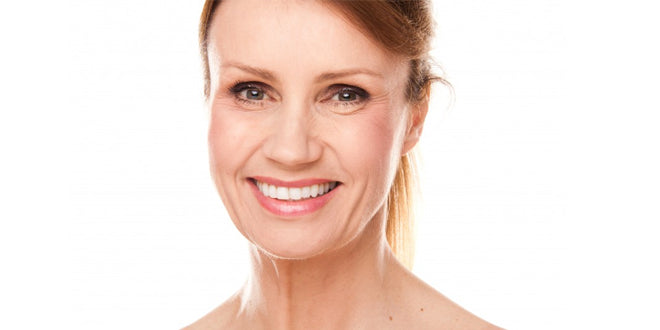Except for skin cancer, breast cancer is the most common cancer among American women. Close to 12 percent of females will develop an invasive form of the disease in her lifetime, according to the American Cancer Society. It is estimated that in 2016 alone, 246,660 new cases of invasive breast cancer and 61,000 new cases of the earliest stage of the cancer will be diagnosed.
A Continued Discrepancy
Many national organizations have stated that breast cancer incidence rates as well as death rates have been decreasing in recent years. Disputing that fact however, are several well-known holistic physicians including nationally renowned Dr. Russell Blaylock and New York Times bestselling author Dr. Joseph Mercola. The same organizations have continued to inform the public that an annual mammograms is among the best preventative method for detecting early stage cancer. Guidelines from the ACS state that women with average risk should have the option of beginning annual mammograms between age 40 and 44, if they so wish. For women 45 to 54, annual mammograms are suggested. Those over the age of 55 can continue annual screening or switch to mammograms every two years.
Dr. Blaylock and Dr. Mercola however, do not agree. The two have both warned of the dangers of mammograms as well as their ineffectiveness. According to Dr. Mercola, 80 percent of breast lumps are non-cancerous, while 70 percent of breast cancers are found through self breast exams. In fact, by the time a woman will go for her annual mammogram, there is the chance that she will already have advanced cancer. Thus, these doctors as well as many other experts are now advising alternatives to mammograms.

The Dangers of Mammograms
One of the dangers in mammogram screening is that it has the potential to produce false positive results, explained Dr. Mercola in a 2012 article, "Your Greatest Weapon Against Breast Cancer (Not Mammograms)." The rate of false positives is close to 6 percent. An incorrect result like this can then lead to pricey follow-up screenings, invasive procedures and even treatment. Citing a 2011 study from the British Medical Journal, he explained how screening during the early years may lead to unnecessary interventions such as lumpectomies, mastectomies and surgery. This overtreatment may often cause more harm than good, as unnecessary treatment has been shown to bring down the quality of life of the patient.
"Mammograms have a 6% rate of producing false positive results."
Studies have shown that delivered at a typically high dose, over and over again, ionizing radiation is a cause of breast cancer. This was highlighted by the Sprecher Institute for Comparative Cancer Research, which also explained the sensitivity and highly susceptibility of the female breast tissue. The effects of radiation to females treated for non-malignant conditions such as enlarged thymus glands, among women who have received large numbers of diagnostic X-ray examinations or any other number of sources of ionizong radiation, can be quite detrimental. Additionally, it was found that greater levels of radiation exposure - no matter the source - would result in a greater risk for breast cancer.
In terms of radiation from mammograms themselves, which also use ionizing radiation at a relatively high dose, there is also a risk. If cancer cells already exist, that risk is even greater as the radiation has the potential to lead to the spread of cancerous cells, as top global cancer expert Dr. Samuel Epstein told Dr. Mercola. The radiation received from one mammogram is equivalent to that from 1,000 chest X-rays.
"The premenopausal breast is highly sensitive to radiation, each 1 rad exposure increasing breast cancer risk by about 1 percent, with a cumulative 10 percent increased risk for each breast over a decade's screening," explained Dr. Epstein.
What are the Alternatives to Mammograms?
If you are still concerned about your risk for breast cancer and would like to be tested, there is another option - an even better option, according to our Hallelujah Diet experts. As one of the alternatives to mammograms, MRI scans are more comfortable, safe and accurate and do not involve any radiation. However, they are much more expensive, costing as much as $1,000 per scan, compared to the $100 for a mammogram.
Another option is to prevent the cancer in the first place. Through a healthy lifestyle and diet, such as the primarily raw plant-based Hallelujah Diet, you can help to reduce your risk of breast cancer by as much as 90 percent, according to Hallelujah Diet's Research Director, Dr. Michael Donaldson. By changing your diet and lifestyle, you could decrease your 13 percent lifetime risk of developing the disease, to just 1.3 percent.
"While the cancer industry is promoting early detection," Dr. Donaldson has said, "The real story is prevention" through "diet and lifestyle changes."
If you or a loved one is already living with breast cancer, consider our Candida Get Started Kit, which equips you with the tools and resources to restore your body.
To learn about thermography, another alternative to mammograms, check back in next week to read "Part II: The Danger of Mammograms."






